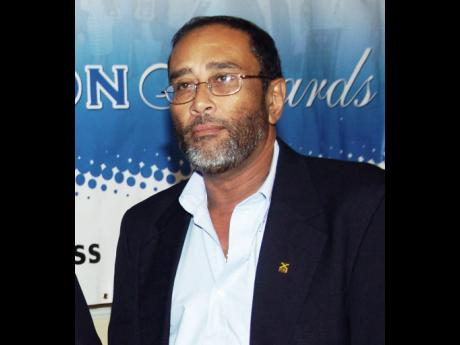Crisis! - PSOJ boss knocks handling of crime data
President of the Private Sector Organisation of Jamaica (PSOJ) Howard Mitchell has taken issue with how the police and other agencies of government catalogue and present statistics relating to crime.
Mitchell, who has been pushing buttons over the issue of crime and violence in the country amid increasing fears resulting from the upward trend in killings from last year, dismissed a common notion he said was shared by many including some members of the political directorate that "the crime rate is down, that means the country is safe".
Reeling off statistics over the years, Mitchell argued that "data by itself without interpretation, evaluation and analysis has little utility".
"We can breathe a sigh of relief - we think - when the murder rate declines ... but that does not mean that crime is down. Will our society be more ordered? Does it mean that our society is safe ... and that we are on our way to achieve vision 2030?" said Mitchell as he addressed the media launch of the University of the West Indies Mona Campus Research Day 2018, last week.
PSOJ head warns of failed state status
Head of the Private Sector Organisation of Jamaica (PSOJ), Howard Mitchell, has bemoaned the failure of the country to contain the balooning murder rate.
Since the start of the year, the murder figure has surged past 70.
He said the police, successive governments and stakeholders in the justice system have failed to gather the available data and evaluating it in a scientific manner.
"As a result of that, we get calls for heads to roll and erratic and spasmodic actions to be taken... we get demands for a state of emergency to be declared, for the minister to go or for the change in the commissioner of police," said Mitchell as he labelled any such move as "putting a band-aid on a cancer".
According to the PSOJ president, there is an urgent need for the serious analysing of data, accompanied by data-driven strategies, lest the country become a "failed state".
"We need to look at the data again and re-evaluate the direction of our society. The totally of our data - not just the murder rate - the volume of traffic law breakers, the amount of crime in our schools, in our communities, our villages, our homes... if we do that, we will see that the fabric of our society is being torn asunder," said Mitchell.

